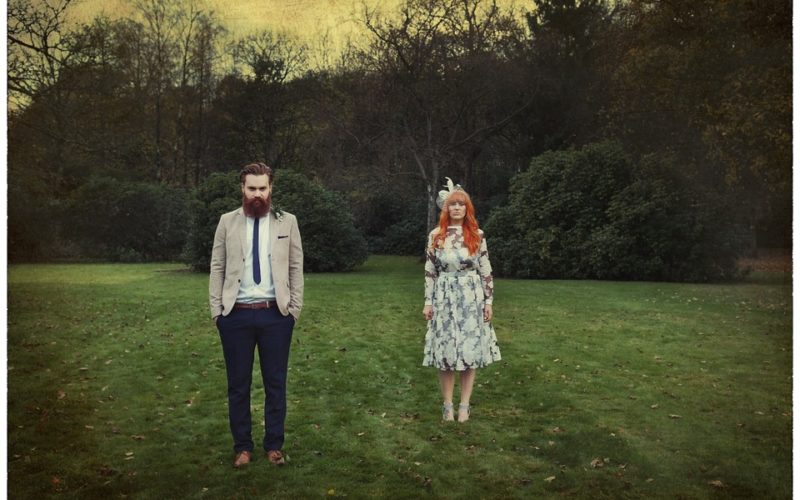The idyllic image of a perfect couple, all smiles and affection in public, is a familiar one. But such displays can sometimes be no more than a performance, a mastered art of deception that conceals the true dynamics of their relationship. Here, we'll examine how and why couples might present a misleading façade of happiness and the potential ramifications of keeping up such an appearance.
The performance of perfection
Why do some couples feel the need to project an image of relational bliss, even when their private interactions are anything but? This can stem from a variety of societal pressures. Social media, popular culture, and even peer circles celebrate and often demand the portrayal of couple perfection. Against a constant barrage of images depicting idyllic relationships, it's not hard to see why some individuals might feel compelled to feign happiness to fit the expected societal narrative or even to convince themselves.
Couple dynamics off the camera
When the public eye turns away, the dynamic between partners can shift dramatically. The once affectionate gestures might give way to indifference or discord. While all couples have their disagreements and challenges, deceptive couples may suppress or ignore significant issues to maintain their illusion. Without resolution or open communication, these hidden problems can fester, potentially leading to deep-rooted resentment and unhappiness.
The impact of deception on relationships
Maintaining an illusion of happiness can exact a toll on both partners. The strain of pretending and the cognitive dissonance it creates can lead to stress, anxiety, and depression. It undermines the authenticity and depth necessary for a truly intimate and supportive partnership. Deception can also be isolating, as friends and family remain blind to the struggles within the relationship, leaving individuals without the support they desperately need.
Understanding why couples stay together
The reasons couples choose to stay together despite profound unhappiness are complex. They range from financial interdependence and fear of social stigma to deep-seated hope that things will improve. For parents, the desire to provide a stable home for their children can also be a powerful motivator. These factors can compel partners to cling to the façade, even when their emotional or physical well-being suffers.
How to identify deceptive happiness
Surprisingly, the signs are often subtle. Public displays of affection, such as holding hands or posting romantic social media updates, can seem excessive and compensatory. Friends may notice disparities in the couple's interactions or an apparent lack of genuine joy in their company. An overemphasis on their relationship's perfection, or a tendency to shut down any conversation about challenges, can also hint at underlying issues.
The path to authentic happiness
For couples caught in this deception, the way forward must involve honest introspection and a revaluation of shared values and desires. Counselling can provide a safe space for dialogue and can be instrumental in breaking down the façade. Cultivating genuine connections with others, based on honesty and vulnerability, is crucial. It’s not an easy path, but for those brave enough to walk it, the opportunity to rebuild or graciously end the relationship can lead to authentic happiness and fulfilment.
Seemingly happy couples aren't always what they appear. The deception they live with can be complex, conditioned by external influences and internal struggles. Recognising and addressing the discrepancies between a public façade and a private reality is important for the health of the individuals and their relationship. Whether it leads to revitalisation or conclusion, facing the truth opens the door to genuine emotional well-being. Remember, the most rewarding relationships are those grounded not in perfection, but in reality—with all its inherent imperfections and the genuine joy that comes from overcoming them together.




















